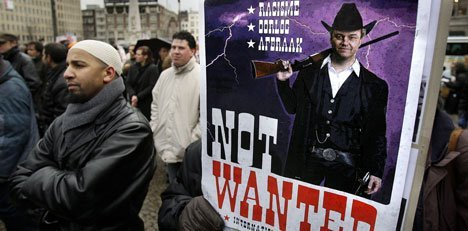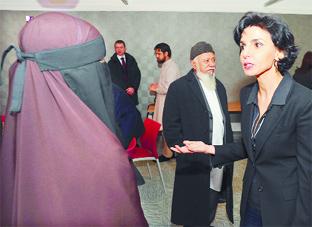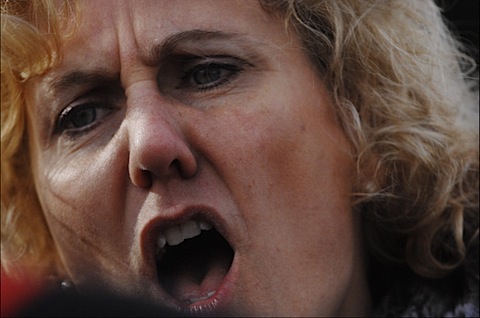A man branded a “wannabe suicide bomber” by prosecutors will not face a retrial on terrorism charges.
Mohammed Atif Siddique, 24, a student from Alva, Clackmannanshire, was found guilty under terrorism laws in 2007. But Appeal Court judges in Edinburgh said on 29 January he had suffered a “miscarriage of justice” on one of the charges and quashed the conviction.
The Crown Office has said it does not wish to seek a fresh prosecution. Siddique has now been released.
His family wept and hugged each other outside the Court of Criminal Appeal in Edinburgh, after Lord Osborne said judges would quash the main conviction.
In a statement read out by his solicitor Aamer Anwar on the court steps, Siddique said: “I have always maintained my innocence, but they took my liberty, destroyed my family’s reputation and labelled me a terrorist. But I never had any bombs or plans to hurt anyone. In court it was said I was a wannabe suicide bomber, but I have always said I was simply looking for answers on the internet.”
The shopkeeper’s son was jailed for eight years in October 2007 after a four-week trial in Glasgow. He was found guilty of two charges under the Terrorism Act 2000, one under the Terrorism Act 2006 and a breach of the peace.
The most serious charge related to the possession of articles that gave rise to “reasonable suspicion” they were connected to terrorism. His conviction on that allegation resulted in a six-year prison term.
But at his appeal hearing in January Lord Osborne criticised the way the trial judge explained the main Terrorist Act charge to the jury. The judge, sitting with Lords Reed and Clarke in Edinburgh, said the “material misdirection” amounted to “a miscarriage of justice”.


 A senior official in the British National Party was invited to address a classroom on whether the hijab should be banned, The Times has learnt.
A senior official in the British National Party was invited to address a classroom on whether the hijab should be banned, The Times has learnt.
 The former French justice minister, Rachida Dati, has condemned the wearing of the burka, saying that it “does not correspond” to European values.
The former French justice minister, Rachida Dati, has condemned the wearing of the burka, saying that it “does not correspond” to European values. Immigrants should sign a “no burka” contract before being allowed to live in France, the country’s families minister has said.
Immigrants should sign a “no burka” contract before being allowed to live in France, the country’s families minister has said.